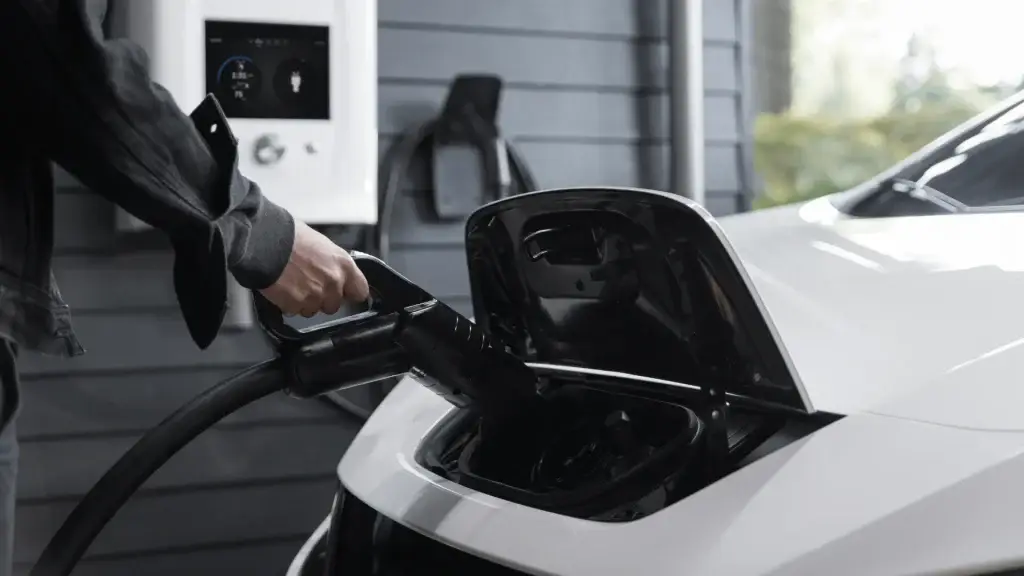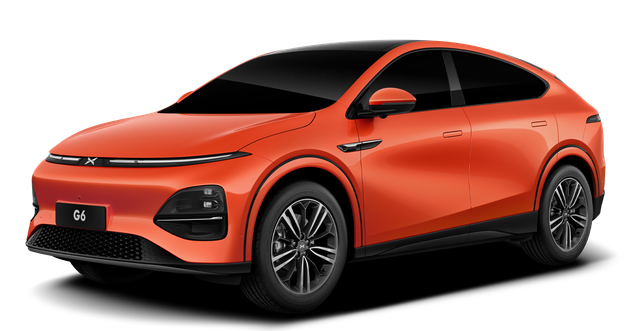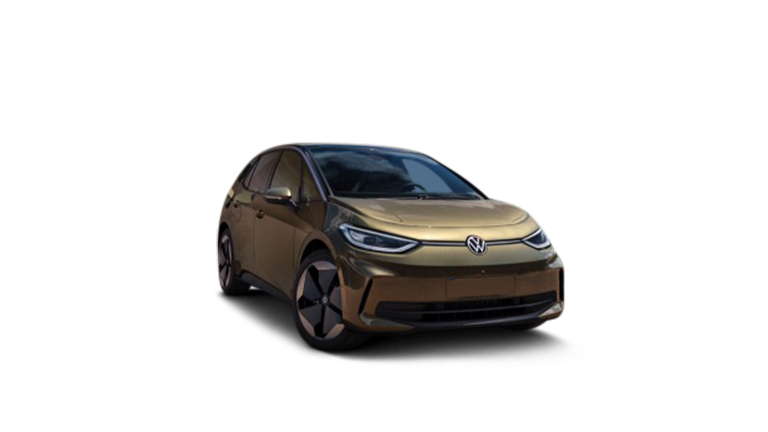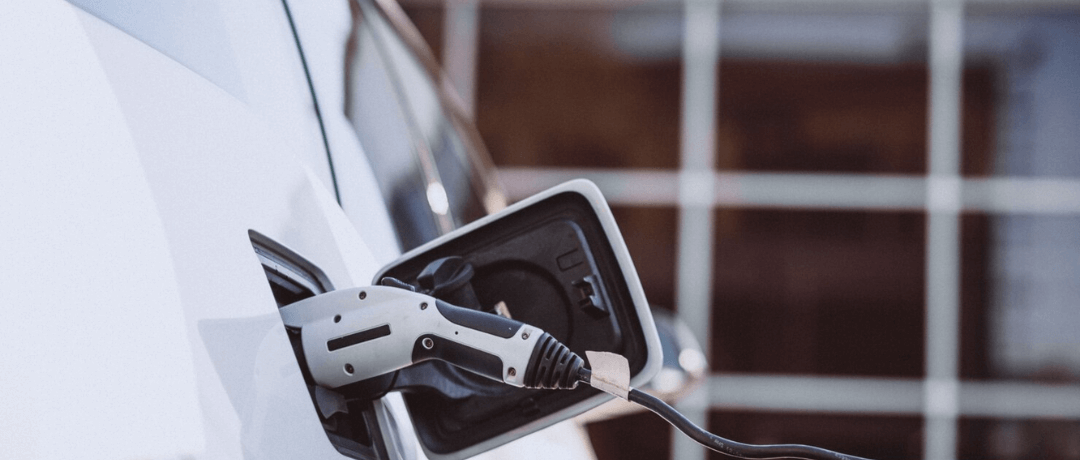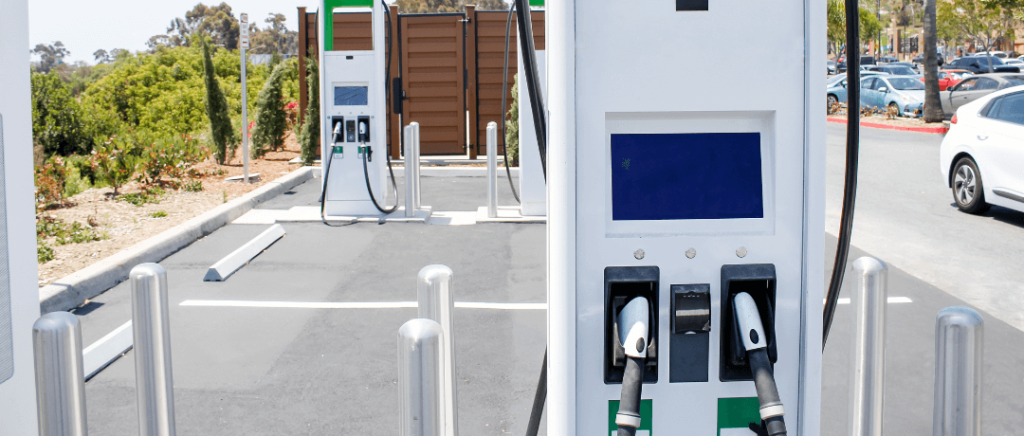Discover our new must-have guide :
Which charging point to install at your home?
For starters, despite the desire to install a home charging solution, knowing which one to choose can be complicated. That's why we've listed the options available for recharging your vehicle, according to your needs, and at what price.
The different charging options
As a private customer, you have three options for recharging your electric car. For the sake of clarity, we've listed them from slowest to fastest in terms of recharging time. Here are the charging options:
- the standard socket,
- reinforced socket,
- thewallbox.
As far as the standard socket is concerned, this option may allow you to recharge your vehicle until you find a better recharging solution, but it is not recommended for the long term. The disadvantage of the standard socket is that it is not very safe, and takes a very long time to recharge.
Next, you can opt for the reinforced socket. With a design comparable to that of a conventional electric socket, this allows you to charge your electric car faster than with a standard socket, but with a power limited to 3.7 kW. What's more, the system is safer and more autonomous, in the sense that, for some models, the power supply stops when charging is complete.
Finally, we come to the preferred recharging solution: the charging station. The wallbox can recharge your car with up to 22 kW. In 9 cases out of 10 charging stations installed at home are single-phase, with power ranging from 3.7 to 7.4 kW, which means you can recharge a 50 kWh battery in 7 hours! There are also three-phase charging stations ranging from 11 kW to 22 kW, but home installation is more occasional.
It is interesting to note that most wallboxes have a system that triggers the charging of your electric car during off-peak hours, saving you money. Some models are even capable of adapting their charging power to the energy demand in your home, so you don't have to worry about tripping your electrical system!
How much does my recharging point cost?
As far as the budget is concerned, that of the domestic socket is virtually nil, except for the cost of electricity.
The price of the reinforced socket depends on the supplier. You can expect a price starting at €500 inc. VAT, and including the socket with installation over 5 meters of cable. For a socket with 20 meters of cable, the cost can be as much as €1,100 TT. It's important to note that VAT is 5.5%, but you don't qualify for the €300 tax credit.
Finally, the charging station represents a slightly larger budget, due to its technical capabilities. We'll look at this in the next section, but you can't install a charging station at home yourself. So, in your wallbox budget, you'll also need to factor in the cost of installation. With the growing range of charging stations and installers charging different prices, you can expect to pay between €1,300 and €2,400, excluding tax credit. Pricing depends on :
- the condition of your land,
- if your low-voltage switchboard is full,
- cable length,
- the power of your home...
A number of factors influence the cost of installation, which explains why this price range is so wide.
Good to know: thanks to Beev you can benefit from a Copper SB Wallbox with installation by an IRVE-approved installer, starting at €1,530!
How do I install a home charging station?
Once you've made your choice, it's time to install. This subject can be a source of anxiety, but don't worry, we've explained below all the steps you need to take to ensure a peaceful and profitable installation!
Choosing the right location
Before you start installing a charging stationyou need to decide where you're going to place it. Although most wallboxes are built to withstand the elements, it's best to install them in a protected location. If possible, we advise you to place your charging station either in your garage, or under an awning.
What's more, if your charging station is located indoors (garage), it's more likely to be close to your electricity meter, which is advantageous for you, as installation will cost less. In fact, the length of cable required will be reduced (for example, you'll opt for a 5-meter cable at €210 instead of a 7-meter cable at €260), and the work involved will be simpler and less expensive!
Calling in a professional
While you can install a reinforced socket yourself, installing a charging station requires expertise. The work required to install a wallbox is reasonable, but still requires the intervention of an IRVE-certified installer. If you're interested in becoming an IRVE charging station installerdon't hesitate to consult our article on the subject!
Good to know: to benefit from the tax credit, your installation must be carried out by an IRVE installer!
Checking your electrical installation
An essential step in this transition is to have a safe and reliable installation. That's why it's important to check that the power your meter is capable of absorbing avoids any risk of overheating, blowing fuses...
You'll also need to look at your electricity contract to see what you can consume and whether installing a more powerful bollard is possible. For example, if you have a swimming pool, your electricity contract will generally be more substantial, as your energy demand will be higher.
Take the opportunity to install photovoltaic panels
This additional demand for electricity may worry you, but seize this opportunity to go even further in your energy transition. By installing photovoltaic panels, you create your own electricity, making you more self-sufficient. You'll also save money on your electricity bill and help protect the environment.
Good to know: coming soon, Beev will be there to help you with your photovoltaic panel installation project.
Would you like to install a charging station?
What financial assistance is available to install a bollard?
As with the purchase of an electric car, investment in a home charging station is rewarded with grants of up to €500. For the installation of charging stations, and subject to certain conditions, you can benefit from three financial advantages:
- tax credit,
- reduced-rate VAT.
The tax credit is a subsidy granted for the installation of recharging solutions as part of the energy transition. The amount is limited to 75% of the expenses incurred, up to a maximum of €500. This subsidy is calculated on the purchase price, including tax, shown on your invoice.
Finally, a house built more than two years ago can benefit from a reduced VAT rate. This 5.5% rate will be applied directly to the estimate, and then to the invoice, both of which will be supplied by your installer.
Read also: support for the installation of charging stations
The advantages of a home charging station
Beyond the practical and financial benefits, owning your own recharging station gives you a host of advantages. Beev has put together a top 5 list of the advantages of having your own home charging station!
Rapid return on investment
The cost of installing a charging station may hold you back at first, but the investment will quickly pay off. In fact, as mentioned above, some charging stations are activated during off-peak hours, enabling you to reduce your energy consumption and thus save money. As a result, your recharge will cost less than if you had recharged your electric car at an outdoor, pay-as-you-go charging station. Not only do you gain in autonomy, but also in electricity, which is no mean feat these days!
Ease of use
Visit charging stations are relatively simple to use. Rather intuitive, with little equipment to use, don't worry, you'll be charging your vehicle in complete safety! The most complicated and technical part is reserved for your installer, who will be able to answer all your questions about using your charging station. What's more, thanks to mobile applications, you can even manage your charge remotely and program it by clicking on your phone - it couldn't be simpler!
More efficient charging
With a charging stationyou'll be able to recharge your vehicle more quickly, which means considerable energy savings. In fact, with a reinforced socket, it takes around 15h30 to charge a 50 kWh battery, whereas with a 7.4 kWh charging point you're down to 7h00, a saving of 8h30!
The standard plug is out of the question, requiring over 25 hours to fully recharge a 50 kWh battery.
An opportunity for your energy consumption
If you opt for a connected charging stationyour energy consumption can be reduced even further! As you always have control over your wallbox, you can program and even manage the charging power of your charging point. So not only does your demand for electricity fall, but you're also protecting your electric battery. Constantly charging your electric car with a rapid charge can lead to premature wear and tear of your battery, due to the heat created by recharging.
Benefit from personalized expertise and advice
Finally, install your charging station has never been easier with Beev ! We're here to help you with your energy transition and make the switch to electric vehicles as easy as possible. Our experts are here to support you throughout your project, to find the right offer for your needs!
So don't hesitate, we're here for you!
If you would like to find out more aboutsupport for the installation of charging stations for private individuals in 2024please consult our article on the subject.
